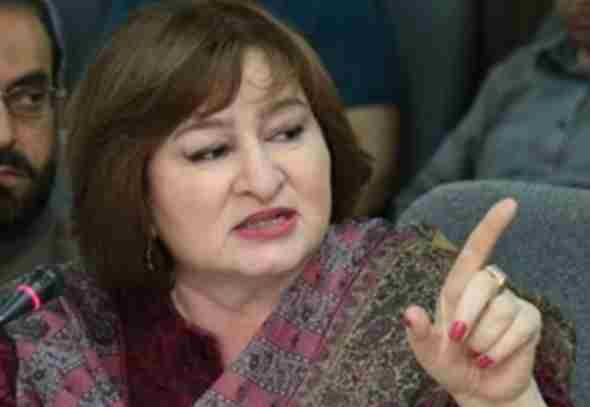KARACHI: Federal Board of Revenue (FBR) has been suggested to abolish tax refund culture and bring down sales tax at five percent.
Federation of Pakistan Chambers of Commerce and Industry (FPCCI) in its proposals for budget 2020/2021 suggested that the culture of refunds should be abolished and government should collect GST at the rate of 5 percent.
“It will transfer the benefits to the end consumers which lead the control over inflation and poverty and enhancement in economic activities,” the FPCCI said.
The apex trade body said that the reduction in the rate of sales tax will enlarge the size of consumer markets and government earnings will definitely increase.
It will transfer the benefits to the end consumers which lead the control over inflation and poverty and enhancement in economic activities.
The FPCCI highlighted the present structure of taxation policies in Pakistan.
Here, it is noteworthy that inducement of private investment particularly foreign direct investment is the only feasible option to develop the badly deteriorated infrastructure in Pakistan.
Greenfield investment and capitalization of the savings of expatriate Pakistanis are also included in this program.
FPCCI proposed fiscal policy, while revival strategy will be based on foreign investment. It is unfortunate that tax rates in Pakistan are considered as major hurdle in investment.
Tax and contribution as percentage of Gross profit is 33.9 percent in Pakistan, while it is 49.7 percent in India, 38.7 percent in Malaysia, 36.6 percent in USA, and 33.4 percent in Bangladesh.
The average tax rate on corporate sector in Pakistan is 29 percent; it is 25 percent in India, 24 percent in Malaysia, and 21 percent in USA.
It is important to note that tax system in Pakistan emphasizes on indirect taxes and surcharges. The share of direct taxes in government revenue is around 37 percent in Pakistan, 47 percent in India, 46 percent in Malaysia, 38 percent in UK and 50 percent only in USA.
The lower share of direct taxes is because of exemptions and less e orts for tax collections from agriculture, services, real estates and retail trading activities.
This situation leads to dependency on indirect taxes. The indirect taxes hampered the industry in many ways: they increase the cost of production and reduce the demand for manufacturing products, because of higher market prices of those products by inclusion of sales tax. By such a manner, they damage the industrial competitiveness and induce the inflation in economy.
The FPCCI has recommended the shifting of dependency from indirect to direct taxes. We strongly recommend the reduction rate of sales tax to provide relief to the general public.
This step will improve the buying power of general public and will help the industry in revival process and accelerate the investment in the country.
It is extremely important for the survival of Pakistan economy at this stage. The reduction in the rate of GST is proposed on the basis of expected enhancement in revenue because of enhanced economic activities.
To increase its revenue government should not depend on indirect taxation. This approach leads the poverty and inflation. We should encourage revenue enhancement through direct taxation on equity and egalitarian basis.
Tax should be paid according to the magnitude of earning regardless the source of earning.
To accelerate economic activities and improving efficiencies, the FPCCI suggests reduction in the rate of GST.
This is the pivotal point of our taxation policy. A solution of containing the ongoing unsettled business environment is imperative. The present ongoing conflicts and contradictions has reduced the sales and as well as have chocked the sales points and agents of sales. The re-initiation efforts of FPCCI towards saleable policy objective of fixed sales system may find a substitute of settlement of ongoing disputed business environment.
The reduction in the rate of sales tax will enlarge the size of consumer markets and government earnings will definitely increase. The sources of FBR have been indicating the effective tax rate of GST is less than 5 percent, which indicate that 71 percent of total collection of sales tax has to pay back in account of input adjustment and refund claims.
The FPCCI in 2014 took-up a subject of fixed sales tax regime, which attended the influence level and even the then Finance Minister conceded to consider the same during his tenor as the document, submitted by FPCCI, concluded towards the objective that the collection would increase and not decrease by promoting business conducting environment through fixed sales tax regime.
This will provide demand supported production environment for manufacturing. It will improve the collections and settle the disputed business environment.



